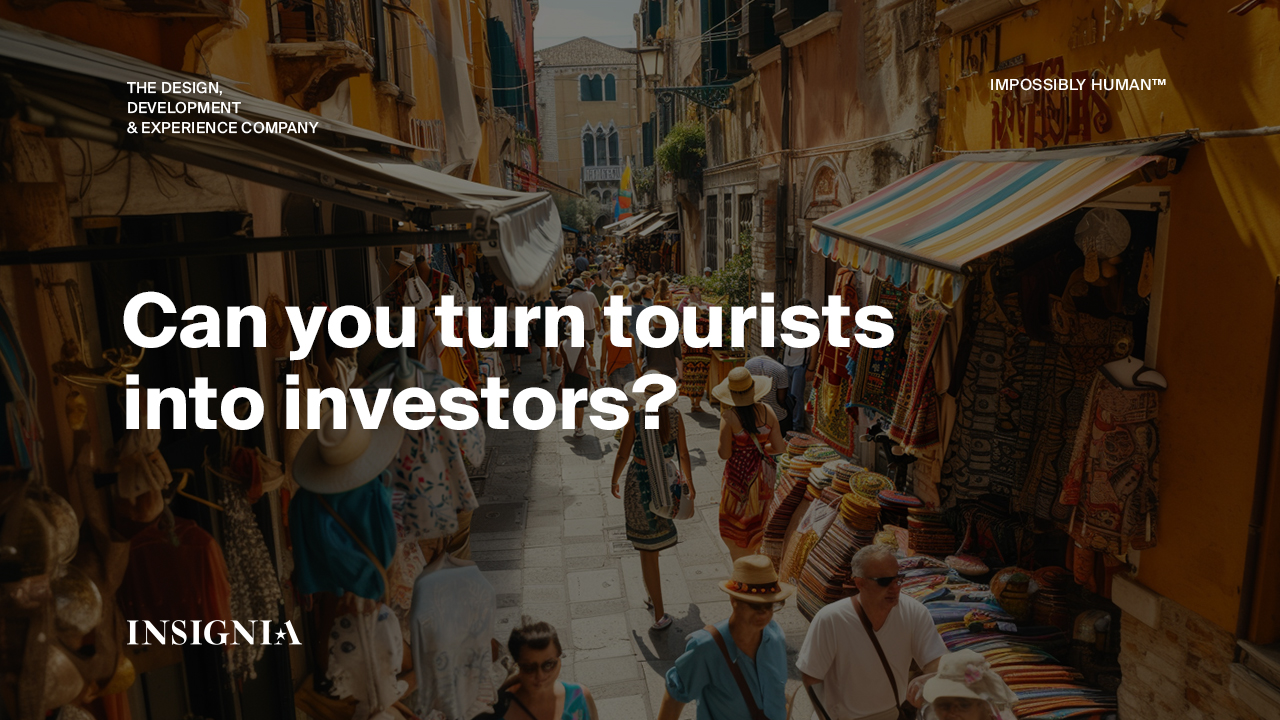Next month, Venice City Council plans to charge a 5-euro entry fee for day-trippers to counter ‘overtourism’.1
The move represents a growing concern among global destinations about the impact of tourism on local communities and environments.
While it may address the immediate effects, is this the most effective way for tourism to contribute to urban welfare and city sustainability?
Thinking beyond entry fees could encourage destinations to consider how tourists might play a long-term, more holistic role while countering overtourism.
Some of these solutions could entail:
Investment in Community and Conservation
Motivate tourists to select services from accommodations, museums, and dining establishments that contribute to local conservation efforts and community projects, enhancing the sustainability of their visit.
Conservation Contribution Programme for Landmarks
Tourists can directly support the preservation of specific landmarks, receiving updates on how their contributions make a difference, fostering a personal bond with the city’s heritage.
Eco-friendly Travel Rewards
Provide incentives for tourists who opt for environmentally friendly travel options within the city, like walking, cycling, or using electric boats, to lessen both congestion and the carbon footprint.
Collaborations with Local Craftsmen
Enable local artisans to conduct workshops and interactive experiences that attract tourists to less crowded areas, enriching their cultural experience and supporting local craftsmanship.
Comprehensive Cultural Access Pass
Offer a pass granting entry to lesser-known sites and timed visits to popular attractions, promoting visitor distribution throughout the city.
Volunteer for Access Programmes
Allow tourists to participate in community service projects, such as environmental cleanups or historical restorations, in return for exclusive access to special events or private tours of typically inaccessible sites.
Promotion of Off-Peak Season Attractions
Highlight the city’s off-peak attractions and events to draw visitors year-round, mitigating the effects of seasonal tourism peaks.
For Venice, these innovative strategies would not only encourage active participation in conservation but pioneer a model that aligns the aspirations of visitors and locals alike. This means transcending simple financial exchange to tap into tourism’s capacity to protect the world’s most treasured places.
It envisions our great cities becoming destinations in which the world is invested, not merely local taxpayers.
Insignia Worldwide crafts new realities at the intersections of strategy and storytelling, by challenging what is humanly possible and creating what is Impossibly Human.TM
1 comune.venezia.it
